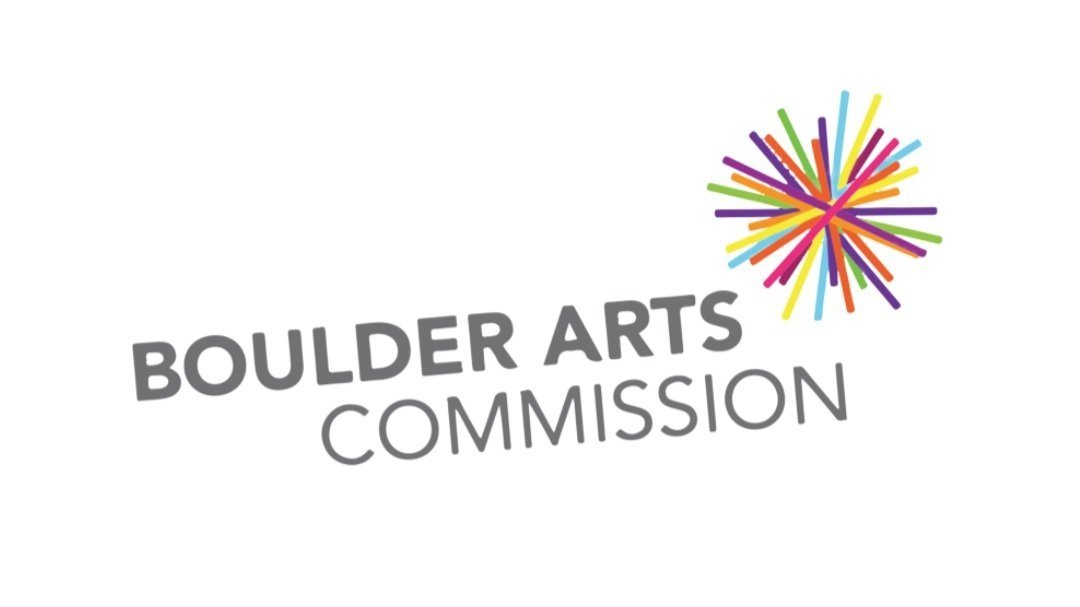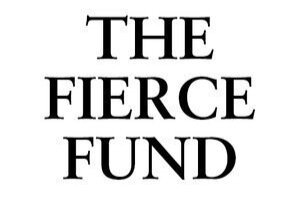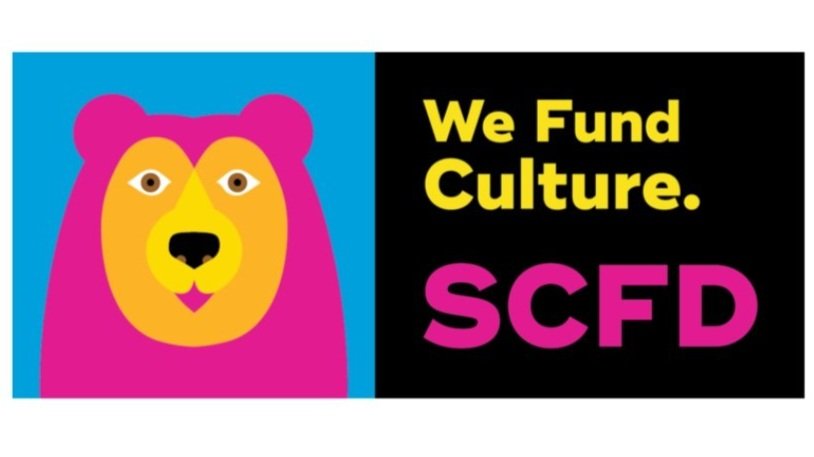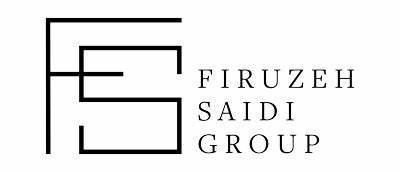This is Eavesdrop, a series of conversations between artists, playwrights and audience members.
Earlier this week, Playwright Mia McCullough and Actor Mehry Eslaminia took a break from tech rehearsals to talk about the evolution of Wisdom From Everything, which was developed during Local Lab 2017. Performances begin this Thursday, March 1 at the Dairy. All seats are reserved. Click here to buy.
Mehry Eslaminia: It’s so nice to have you back in Boulder this week as we start our final week of rehearsals for your beautiful new play, Mia.
Mia McCullough: It is so good to be back. I can’t wait to attend tech tonight at the Dairy and see how the play has evolved since the first read-through one month ago. I have to tell you, Mehry, that this has been quite the journey for Wisdom since first being developed with the Goodman Theatre and Chicago Dramatists, and then of course with people like you in Boulder during Local Lab.
You’ve been with the character of Farzana since Local Lab last March. Since then, characters have come and gone. The storyline has evolved. Even this week, with all the horrific events happening in Syria, the story is changing to address present-moment realities. What has stayed with you and the character of Farzana since the beginning?
Mehry: The biggest thing that continues to sit in my heart and bones as we move into tech is the immense courage that Farzana exhibits. It spoke to me from the very first reading in 2017 and has only manifested further in beauty and depth with your evolution of the script. In the past few weeks, I’ve been focusing on the “emotional specifics.” Where was her courage born? Where does it falter? What is the “wisdom from everything” that not only the character of Farzana finds in her story, but what is it for myself, the actor?
Aside from that, I have also been throwing myself into the dramaturgy packet provided by our dramaturg, Jessica Kahkoska. My god... no one as privileged as we are can truly understand the life these refugees live—no matter the research, no matter the photos. It puts so much into perspective and opens my eyes in a way they have been yearning to be opened. I am simultaneously grateful and heartbroken.
My hope is to bring a light of truth to Farzana… for all the young women living in her shoes in our world right now. What has been the biggest challenge for you working on this script?
Mia: Definitely the push and pull between making the play dramatically sound and making the play culturally accurate. It’s nearly impossible to make both changes at the same time. I feel an enormous responsibility to make sure that the play honors its characters and the cultures they're from.
On our first day of rehearsal we had Mona Farraq Attwa, an Egyptian woman who is also a linguist and Arabic language teacher, in the room with us. She was there to tell us how to pronounce things, but also to tell us, “No, they wouldn't say this,” or “They would say it this way instead.” And some of those comments would reverberate through several scenes and require tweaks and changes throughout the script. Finding the holes in the dramatic arc of a story is a lot easier when you have a roomful of artists working together. With any world premiere, there tends to be a slew of issues that need to be addressed, holes that need to be plugged, rough spots that need to be smoothed over, and a lot of deleting. I start to feel really guilty because I’m making the actors relearn their lines every day, but the goal is to have the script be as tight as it can be when it gets to opening night—this Sunday!
Mehry: Oh Mia, I couldn’t agree more. People have been asking me what it’s like to work on this show, and my immediate response has been that I am simultaneously heartbroken and eye-opened. The research, the statistics, the articles, the news, the faces of unbelievably and violently devastated human beings... they have all become very present in my daily life.
Mia: And the resurgence of the Syrian War in the news this week has made this story all the more potent—all the more real. Because it is. You may feel this similarly or differently, but working on the play makes the news of massacres in the Ghouta region of Syria so present, raw, and upsetting.
Mehry: Definitely. It is awful. I am grateful for all of this because these faces need to be seen. Their stories need to be told. Their voices need to be heard. It is for them that bringing the character of Farzana to life, as truthfully as possible, is of the utmost importance to me. It is a commitment I know is shared by you, Mia, and this entire company of actors and designers.
Mia: This play feels both very important and completely meaningless in moments when you know that real human beings are being slaughtered. My hope is that, through this play, we instigate tough conversations that need to happen right now—conversations that need to happen in Boulder, and in communities all across the world.
